Lauren was recently named Executive Editor of the Health & Medical Unit at NBC News, leading a team of producers, reporters and editors who produce medical news across all of the network’s broadcast and digital platforms.
Author: Belinda Clarke
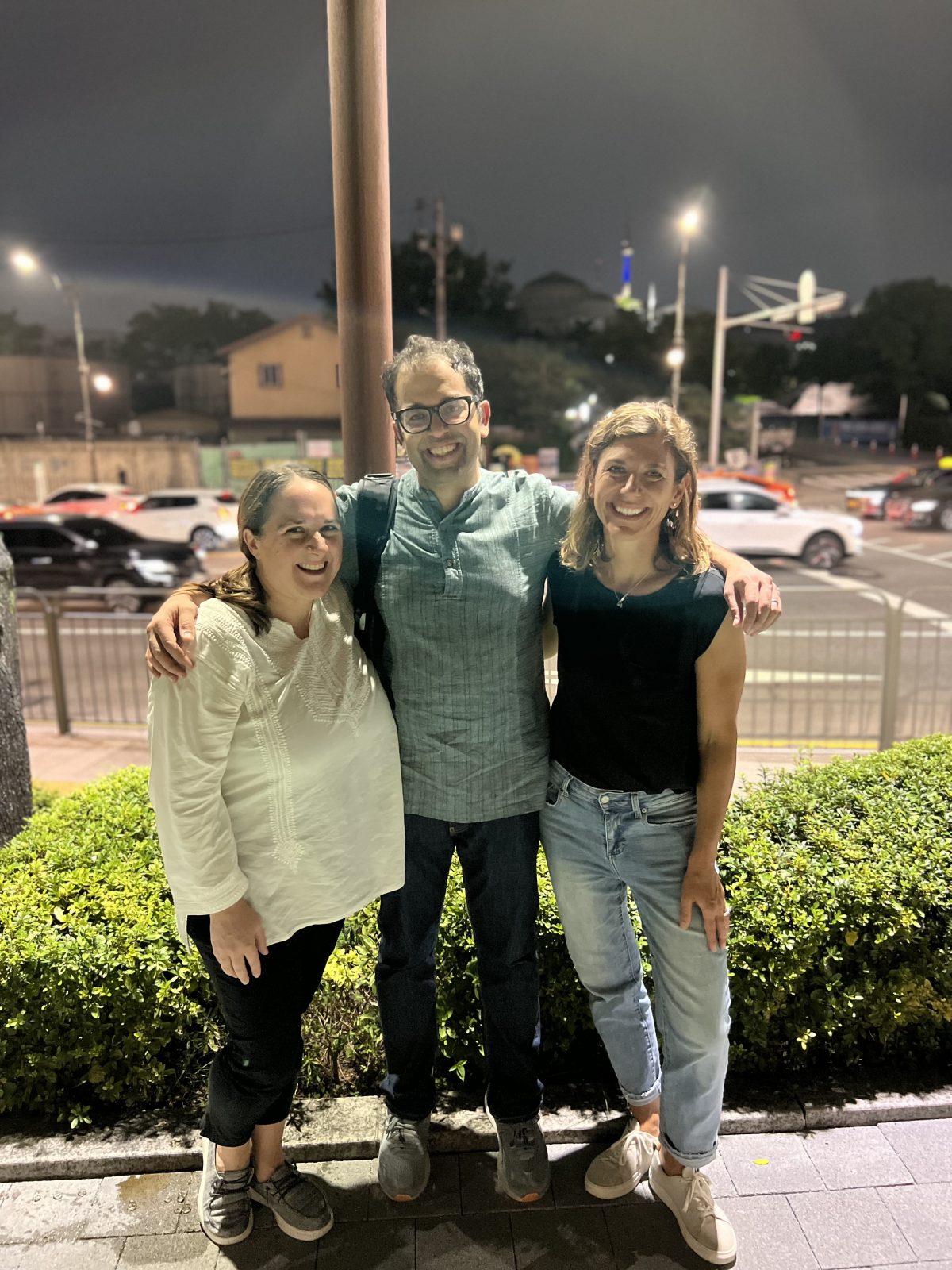
Rebecca Bowman, Vivek Shankar and Michelle McGovern – all Medill graduates – met in Seoul, where Rebecca and Vivek live, while Michelle was vacationing with her family. Vivek works at The NY Times Asia desk, Rebecca is a freelance writer and editor and Michelle is the General Counsel of a health tech company.
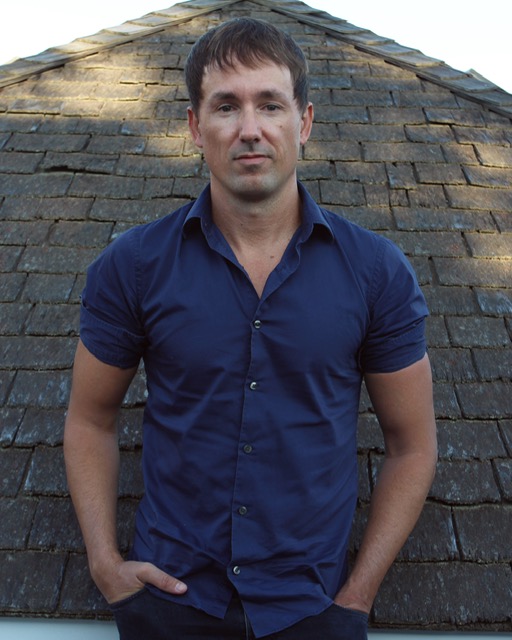
Benoit Denizet-Lewis, an associate professor at Emerson College and a longtime writer with The New York Times Magazine, received a Public Scholar Award from the National Endowment for the Humanities. The award will allow Denizet-Lewis to take a one-year leave from Emerson to complete his fourth book, “We Don’t Know You Anymore,” about transformation and identity change in turbulent times. The book will be published by William Morrow in the USA and Penguin Press in the UK.
Will Sullivan (MSJ04)
Will Sullivan (MSJ04) joined The White House as a Digital Service Expert within Executive Office of the President, contributing his expertise to the U.S. Digital Service. The U.S. Digital Service is an innovative agency committed to transforming government services through technology and design. By bringing top-tier digital talent into the public sector, the USDS works tirelessly to improve the delivery of essential services to the American people.

Brett Kurland was named an assistant dean at Arizona State University’s Walter Cronkite School of Journalism & Mass Communication in December 2021.
As assistant dean, Kurland oversees the school’s 11 capstone professional immersion programs, Cronkite’s signature faculty-led, student-powered experiences in which students learn by doing. These hands-on experiences include daily news and sports operations, a strategic communications agency, a content creation studio, and an innovation and entrepreneurship lab. Kurland also leads training and onboarding for faculty associates, helping them learn everything from school policies to best practices in teaching.
He also helps lead the Cronkite School’s bachelor’s and master’s degree programs in sports journalism, including oversight and management of sports journalism curriculum, course design, hiring, training, and supervising faculty, and managing student award submissions.
Kurland, a professor of practice at Cronkite since 2014, is the lead instructor for Multimedia Journalism Skills, a foundational, intensive first-semester class for all Cronkite graduate students pursuing master’s degrees in mass communication, master’s degrees in investigative journalism and master’s degrees in sports journalism in which students learn how to write, capture and produce photo, video, audio, social, and web content.
David Plazas (MSJ00)
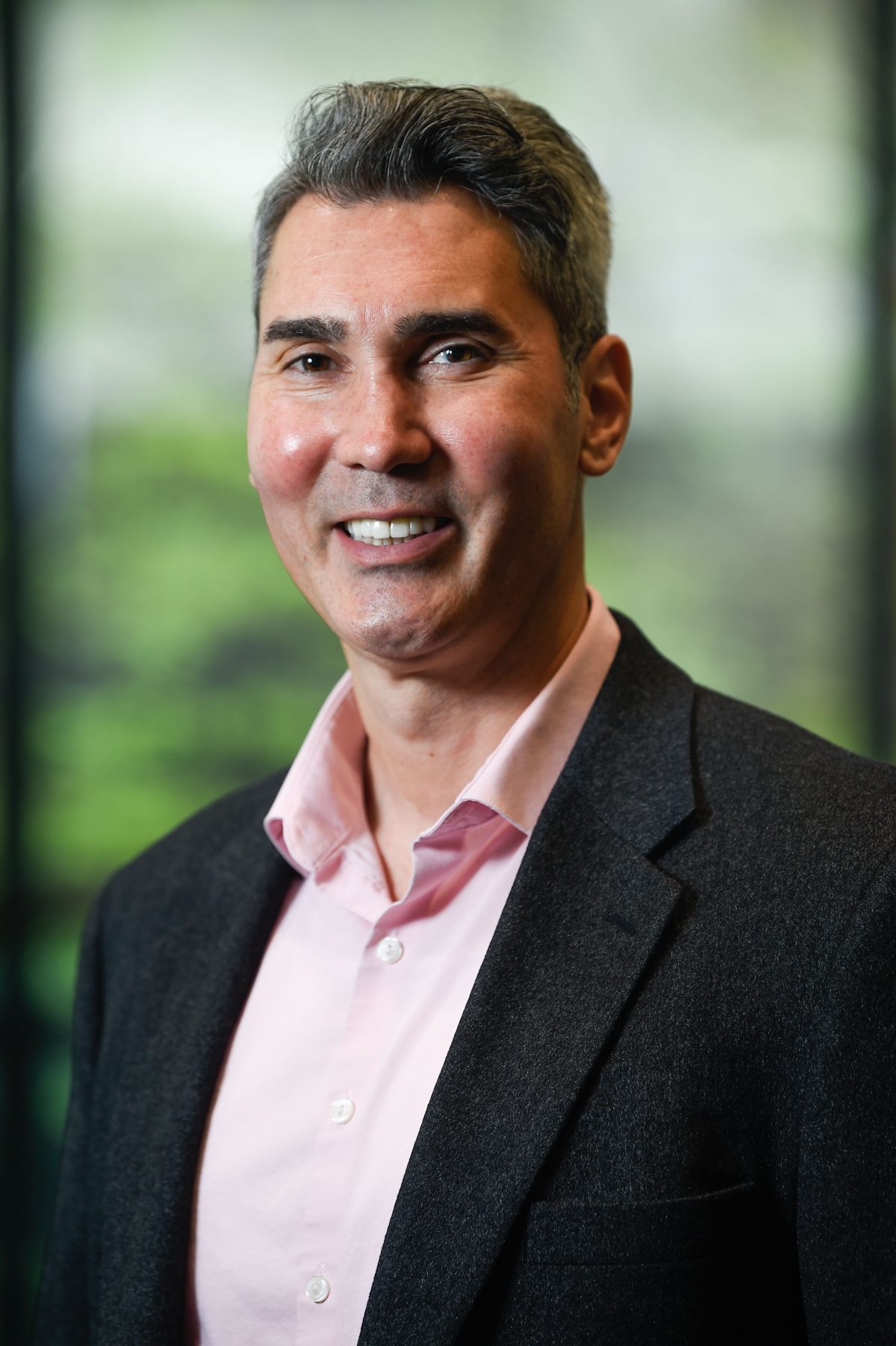
In June 2023, David Plazas (MSJ, ’00) received the Society of Professional Journalists’ annual Sigma Delta Chi Award for Excellence in Editorial Writing. Plazas, the Opinion and Engagement Director of The Tennessean, advocated for LGBTQ+ rights in a state whose lawmakers have been intent on restricting them. SPJ has granted this prize since 1932 to recognize excellence in journalism.
https://www.spj.org/sdxa22.asp
The Blues Brothers
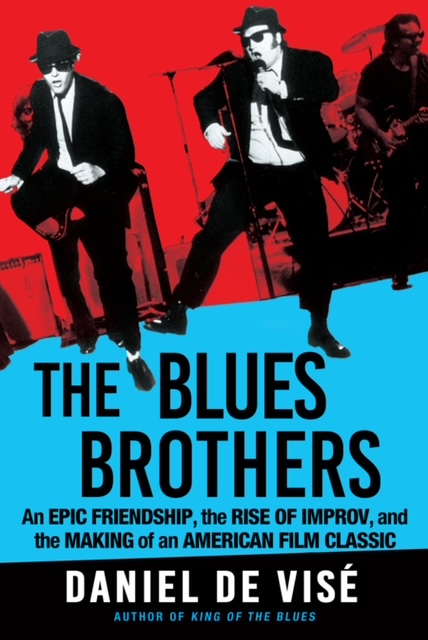
Daniel de Visé (MSJ90)
In the first half of this exhaustively researched, highly informative book, de Visé, the author of King of the Blues and Andy & Don, provides an in-depth profile of the upbringing and career arcs of the film’s stars: the immensely talented, overgrown child John Belushi, who needed constant stimulation and elicited among his friends and colleagues the need to protect; and the quieter, highly intelligent Dan Aykroyd. The author also describes the rivalry-rich, drug-fueled evolution of 1970s comedy in the forms of Saturday Night Live, National Lampoon, and Chicago’s Second City group, all of which laid the groundwork for the movie. Gleaned from primary research and interviews with Aykroyd and director John Landis, among others, the narrative details the relationship between Belushi and Aykroyd, the sincerity with which they immersed themselves in the blues to live out their fantasies of fronting a great band, and how they overcame accusations of cultural appropriation to revive and amplify the careers of talents such as James Brown, Aretha Franklin, Ray Charles, and Cab Calloway. The book is also the definitive scene-by-scene account of a film—ambitious and over budget, panned by most critics of the day—that endures as a well-written and directed comedy doubling as a loving homage to a uniquely American genre and its capital city. A complete portrait of a classic film and the zeitgeist of its era.
Keep This Off The Record
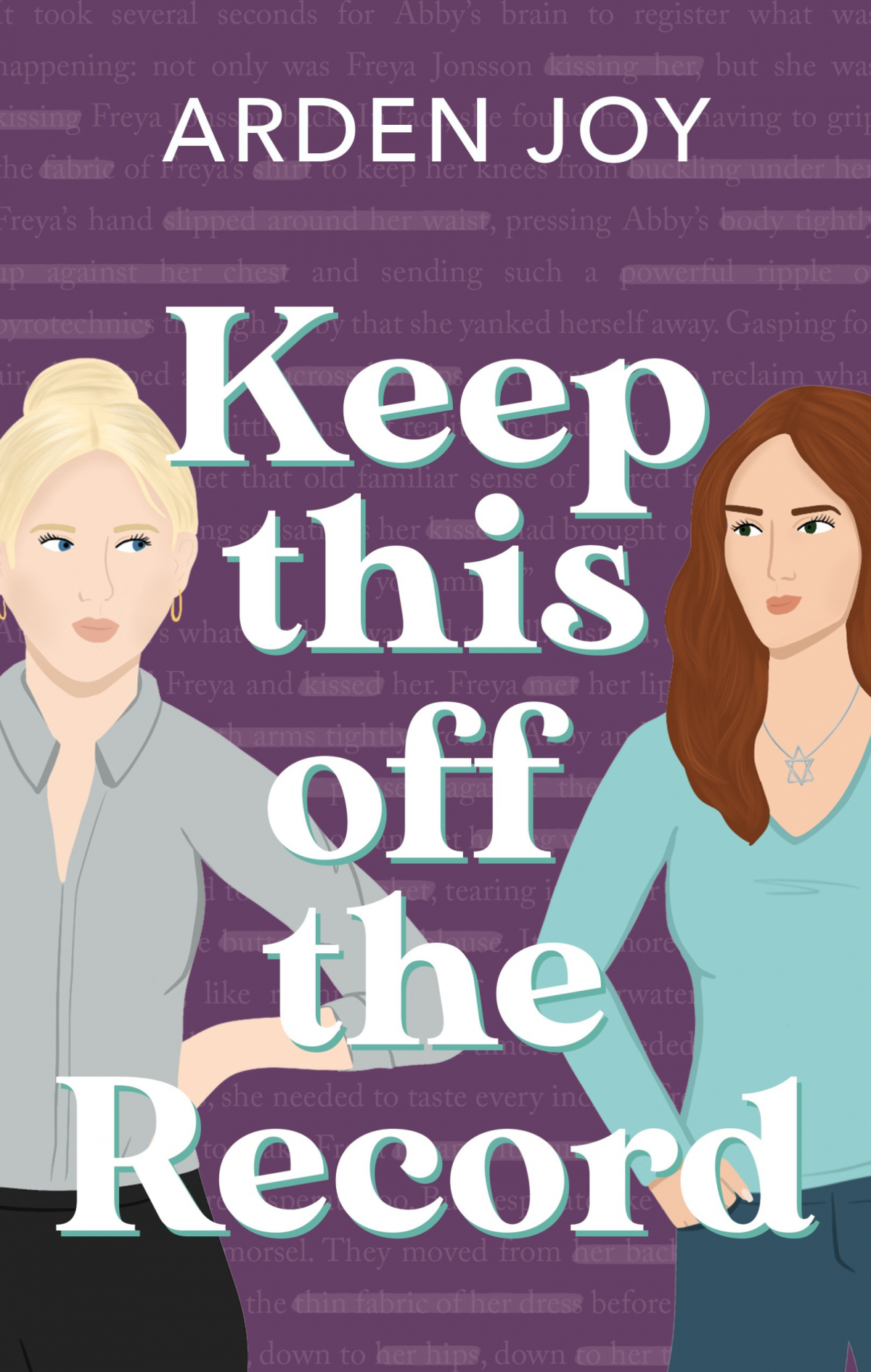
Arden Joy (BSJ16)
Abigail Meyer and Freya Jonsson can’t stand one another. But could their severe hatred be masking something else entirely? From the moment they locked eyes in high school, Abby and Freya have been at each other’s throats. Ten years later, when Abby and Freya cross paths again, their old rivalry doesn’t take more than a few minutes to begin anew. And now Naomi, Abby’s best friend, is falling for Freya’s producer and close pal, Will. Both women are thrilled to see their friends in a happy relationship – except they are now only a few degrees of separation from the person they claim to despise… and they can’t seem to avoid seeing one another. After their encounters repeatedly devolve into warfare, Abby and Freya’s friends decide their age-old rivalry can only mean one thing: true love. Will their friends bring them together? Or will Freya’s refusal to admit who she is keep them from discovering their underlying passion? “Keep This Off The Record” is a fun and fresh LGBTQIA+ story about the freedom to be who you are, even if that means falling for the person you hate.
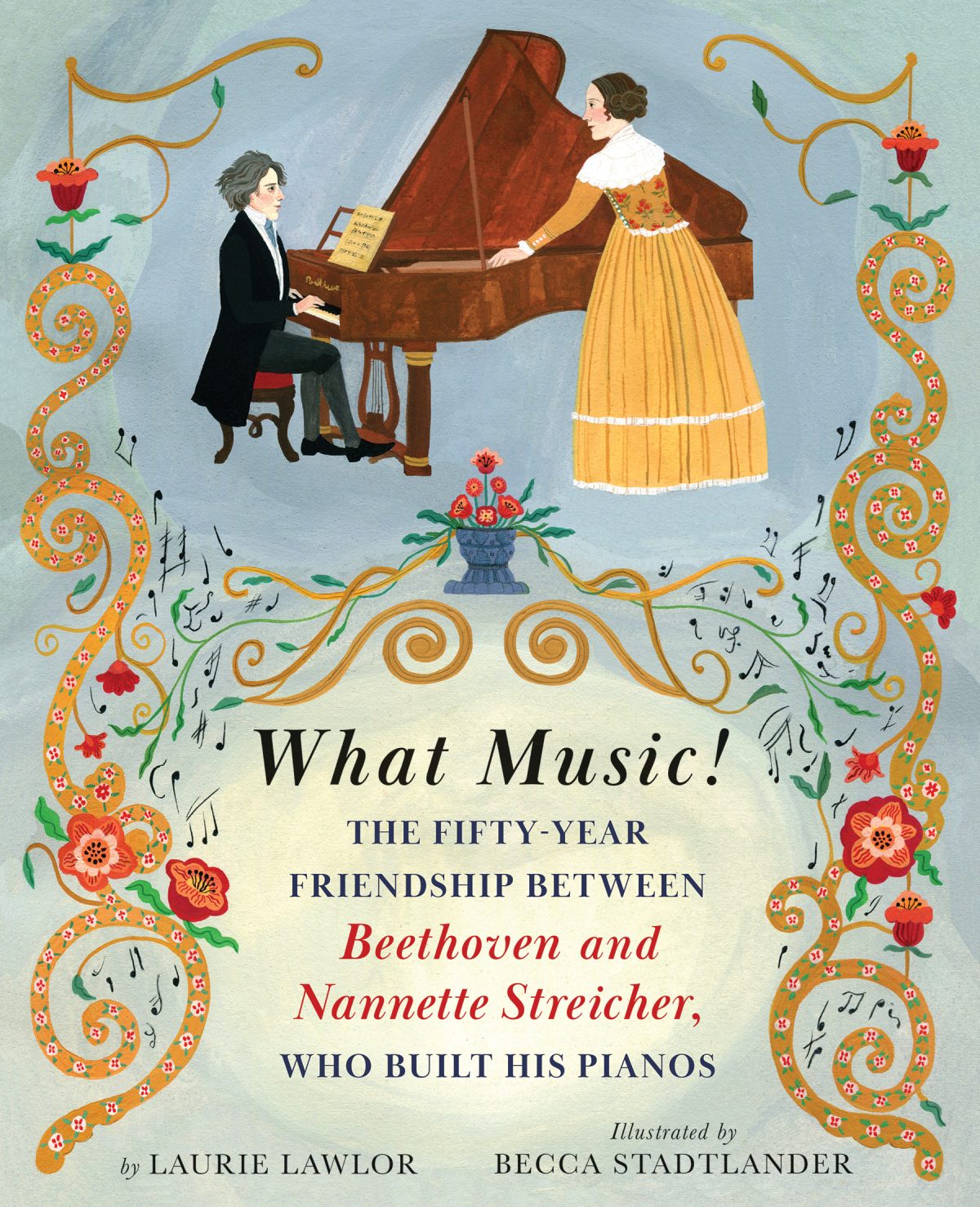
Laurie Lawlor (BSJ75)
Inspiring, little-known story of two artists who changed each other’s lives and the course of musical history. Illustrated picture book for music enthusiasts age 6 and up.
Everybody Here is Kin
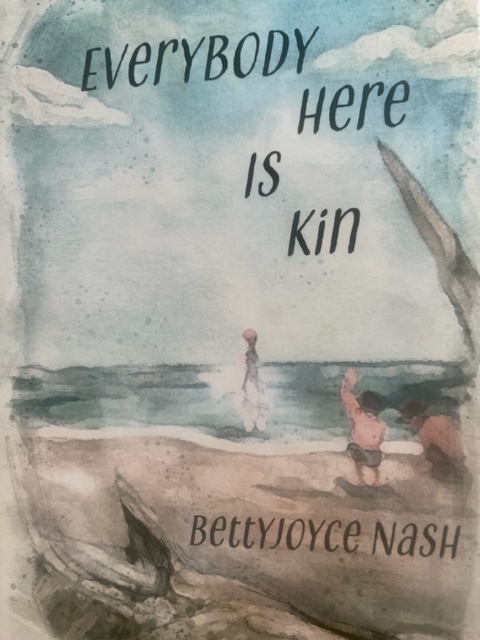
BettyJoyce Nash (MSJ88)
On Boneyard Island, Georgia, where everyone’s weirdly kin, thirteen-year-old Lucille is marooned when her mother goes AWOL with an old flame, leaving Lucille with only her father’s ashes, two half-siblings, and Will, the misanthropic manager of the island’s only motel. The abandonment kills hope of Lucille’s promised snorkeling trip to the Florida Reef before ocean heat kills the coral, and illusions she’s harbored about her mother’s sanity. Everybody Here is Kin explores the lives of this sinking family, the island community, and fears of exposing wounds, old and new, when natural disaster forces them to trust, and depend on, strangers.